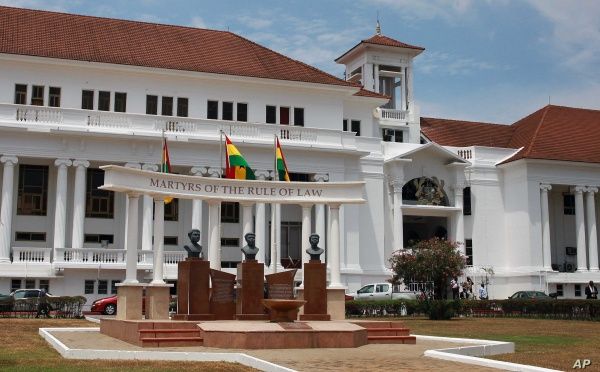The Supreme Court has held that a Member of Parliament cannot be said to have vacated his seat unless he decides to change his political identity and remain in Parliament under the new identity.In the judgment detailing why it upheld a suit by the Majority Leader in Parliament, the court held that Article 97(1) (g) and (h) of the Constitution cannot be said to have a futuristic application and therefore only applied to a current term of Parliament."It follows from the above therefore, that the only plausible conclusion which must necessarily flow from a holistic and contextual reading of Article 97(1)(g) and (h) is that an MP's seat shall be vacated upon departure from the cohort of his elected party in Parliament to join another party in Parliament while seeking to remain in that Parliament as a member of the new party," the court held. Similarly, an independent MP who joins the cohort of a party in Parliament, while they remain Members of the Parliament for which they were elected as Independent Member, will have to vacate the seat tagged as that of an Independent Member," the court added.The court therefore held that its interpretation of Article 97(1) (g) and (h) of the Constitution was that they only applied within a current term of Parliament, and not an MP contesting for election under a different political identity."Consequently, Article 97(1)(g) and (h) must be understood within their contextual framework, with no implicit or explicit indication that they pertain to future electoral aspirations or intentions that would materialize in subsequent terms, such as an MP contesting under a different ticket in the next election cycle," the court held.The 5-2 majority decision of the court was authored by Justice Yaw Darko Asare.Justices on the majority side were the Chief Justice, Justice Gertrude Sackey Torkornoo, and Justices Mariama Owusu, Samuel Kwame Adibu-Aseidu, Ernest Yao Gaewu and Yaw Darko Asare, while Justices Avril Lovelace Johnson and Issifu Omoro Tanko Amadu, dissented Dissenting opinions In their respective dissenting opinions, Justices Johnson and Amadu held that the Supreme Court had no jurisdiction over the matter, and rather it was the High Court that could determine the matter under Article 99 of the Constitution.Justice Tanko held that the Constitution under Article 99 has clearly indicated that the legality of issues relating to vacancy of seats in Parliament was within the purview of the High Court and not the Supreme Court.The appropriate method, he said, was for the suit to have been filed at the High Court, and if there was an issue of constitutional interpretation, then the High Court would make reference to the Supreme Court pursuant to Article 130(2 ) of the Constitution.Justice Tanko was of the view that the manner in which the Supreme Court's jurisdiction was invoked was only wrong but also an "aberration of processes"."I do not hasten to proclaim that, I have apprehended with despair the majority's conclusion in this suit but I state, with utmost deference to the Hon.
Chief Justice and the rest of my brethren in the majority that, not only do I fundamentally disagree with their conclusion, I, with all due respect, also find the decision an aberration to the established and accepted judicial position of this court which with profound respect,"I hope in no distant future the resultant usurpation of the constitutional prerogative of the High Court incidental to the majority decision will be reversed," the court held. Source: graphiconline Comments ( 0 ): Post Your Comments >> Disclaimer: Opinions expressed here are those of the writers and do not reflect those of Peacefmonline.com.
Peacefmonline.com accepts no responsibility legal or otherwise for their accuracy of content.
Please report any inappropriate content to us, and we will evaluate it as a matter of priority.

